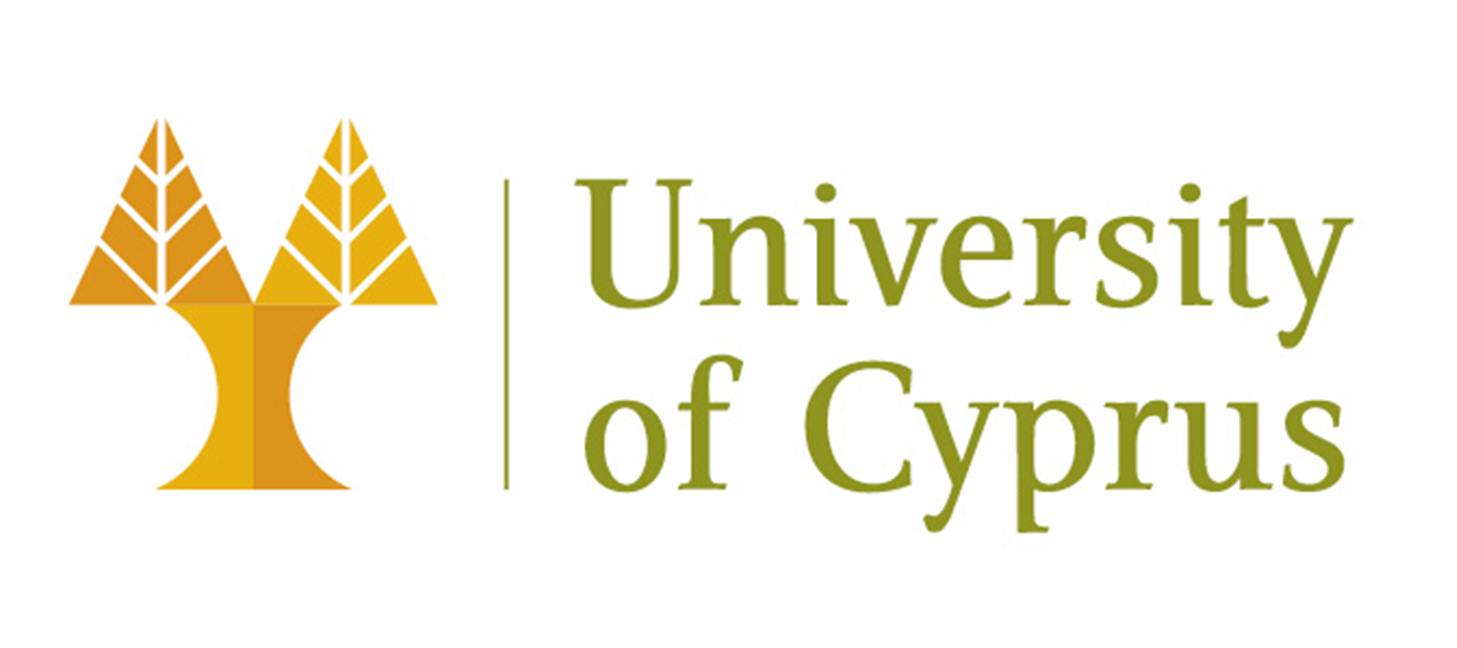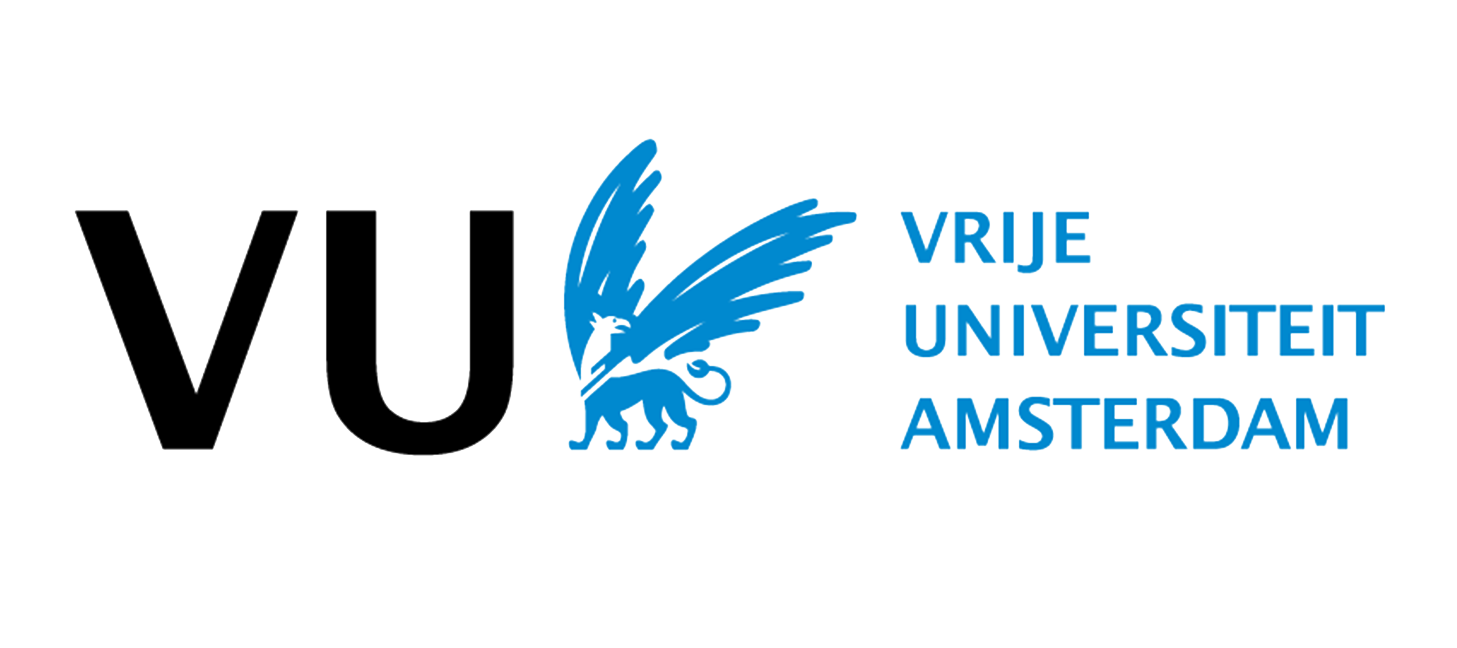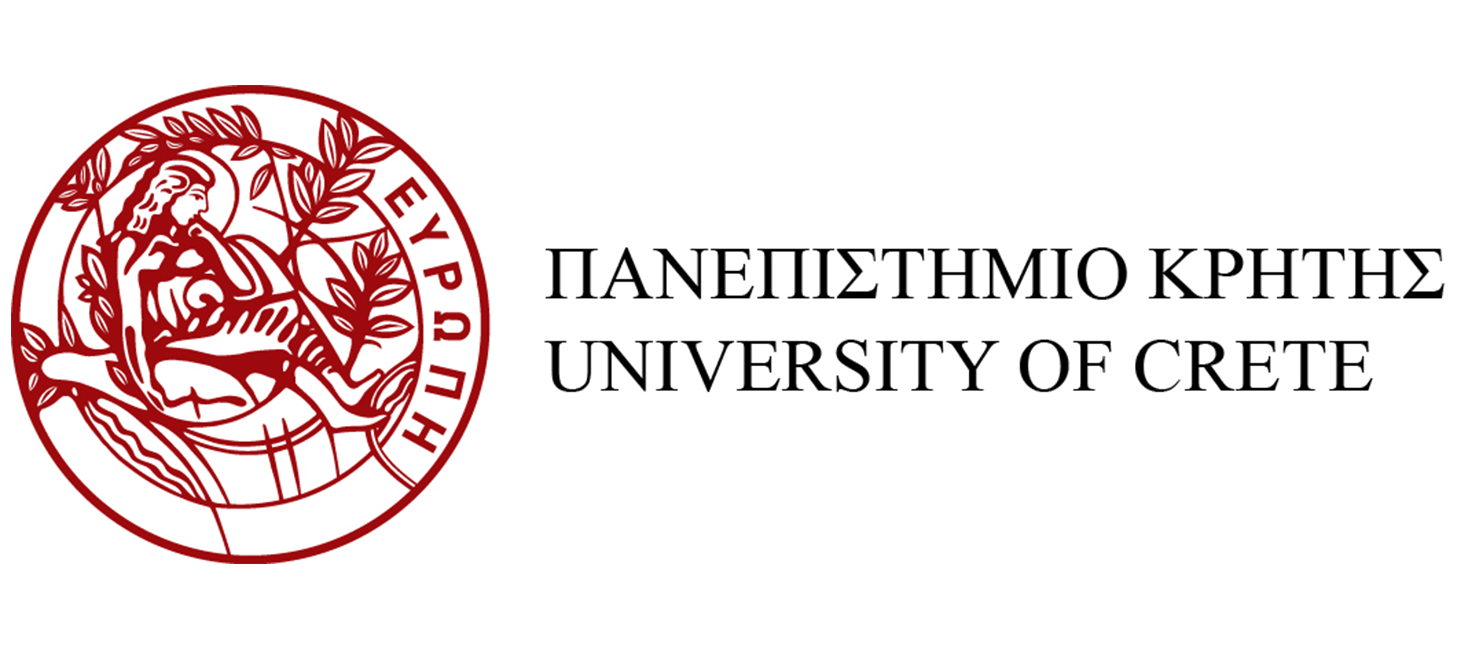Objective
Entering Higher Education marks a turning point for youth learning to function as independent adults, something that can be both exciting and challenging. Students are confronted with a considerable number of changes to manage (e.g. high academic expectations, making new relationships, making independent decisions), for which they may be psychosocially unfamiliar or uncomfortable.
A key priority for Higher Education Institutions is to promote a comprehensive approach to education, by putting students' Socio-Emotional Learning (SEL) on an equal footing with academic-specific knowledge and skills, since these skills are crucial for individuals' academic achievement, work, and daily life success.
A current challenge for Higher Education is to ensure equal access to marginalized groups, such as students with learning difficulties, a growing population in Higher Education that is not enjoying the same success, employability and opportunities as their peers without disabilities. Although, universal SEL programs have produced promising findings, their administration lacks success in populations with diverse abilities (e.g. learning difficulties).
The purpose of the proposed project is twofold. Firstly, to develop a research informed multimodal SEL program (combining SEL+ music+ digital tools) and assess its effectiveness in university students with and without learning difficulties. Secondly, to build capacity among professionals in universities who provide SEL programs to students and raise awareness about project results in relevant stakeholders inside and outside partnership.
The project is conducted by a consortium of 4 European countries (Cyprus, Netherlands, Hungary and Greece) under the supervision of Prof. Georgia Panayiotou (PI) of the Department of Psychology at the University of Cyprus.
Partners





